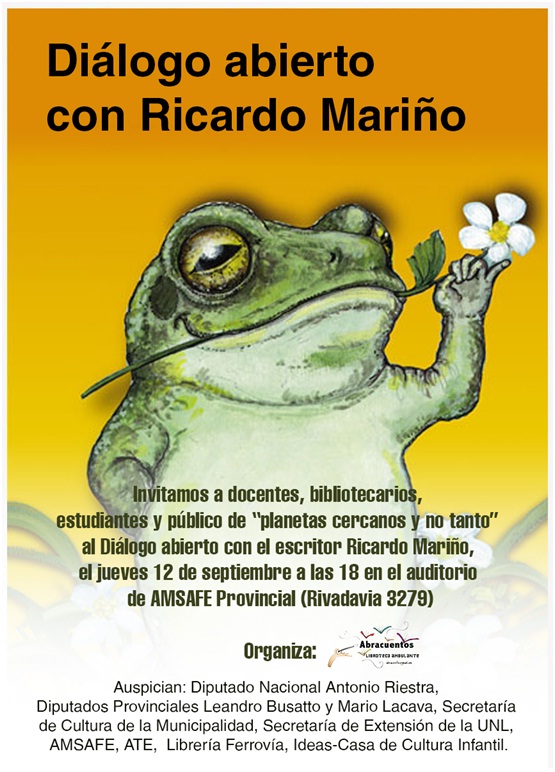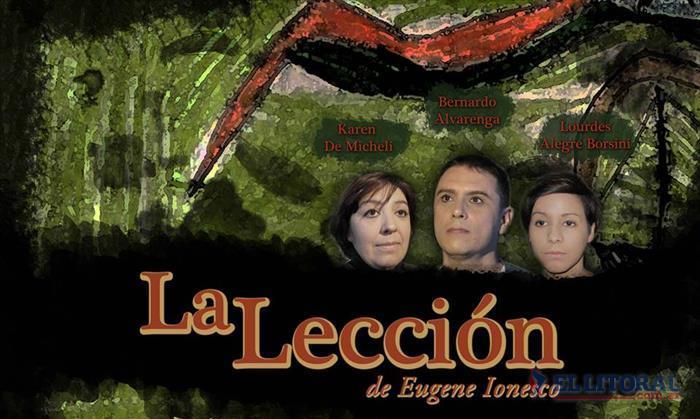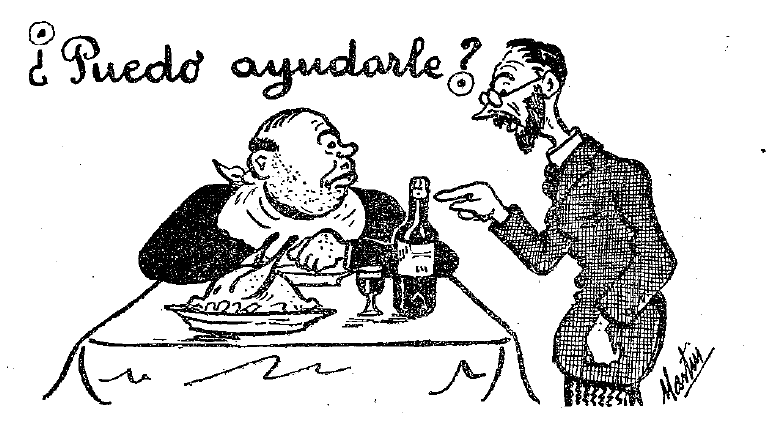
| Языки :: Испанский |
| Аудио |

 |
|
 |
|
115 |
Español |
Spanish |
|
Lección Treinta y nueve (39) |
||
| La lección del marino | The sailor's lesson. | |
| 1 |
A ver, ¿cuántos kilogramos de distancia hay desde Manila a Hong-Kong (1) ? |
Let's see how many kilogrammes' distance is there from Manilla to H. K.? |
| 2 | No sé... ¿Habrá quinientos? ¿Habrá setecientos (2) ? | I don't know. Will there be 500? 700? |
| 3 |
No seas tonto. Kilogramo es una medida de peso (3). |
Don't be silly. Kilogramme is a measure of weight. |
| 4 |
Tiene usted razón. A ver, pregúnteme usted otra cosa. |
You are right. Let's see, ask me another question. |
| 5 | Si un Chino come con los palillos cuatro granos de arroz por segundo (4), | If a Chinaman eats with sticks 4 grains of rice a second |
| 6 |
y cada cubo tiene una cabida de cinco libras, ¿cuánto tardará en comerse el cubo (5) ? |
and if every bucket has a capacity of 5 pounds, how long will it take him [will he delay] to eat the whole bucket? |
| 7 | Pues tardará....a ver...a ver...; dice usted que... | Well it will take... let's see... let's see... you say that... |
| 8 |
No, no hay manera de averiguarlo. Es un problema mal planteado porque no se dice lo que pesa cada grano de arroz. |
No there is no way to calculate it. It's a badly put problem because one doesn't say how much [what] weighs each grain of rice. |
| 9 | Tiene usted razón. Es verdad. | You're right, it's true. |
| 10 |
Es lo primero (6) que hay que ver en todo problema : si está bien planteado; porque si no lo está, todo esfuerzo es cosa perdida. |
It's the first there is to see in a problem : whether it is well put;
because if it is not, all effort is [a] lost [thing]. |
| El Mar, por Pío Baroja |
(The Sea, by Pío Baroja) |
| EJERCICIOS | EXERCISE : | |
| 1 |
¿Necesita usted algo? ¿Necesita usted de mí? ¿Puedo ayudarle? |
Do you need something? Do you need me? Can I help you ? |
| 2 | Muchas gracias, no necesito nada. | Thank you, I need nothing.- |
| 3 | Estoy siempre a su disposición; |
I am always at your [his] disposal |
| 4 | le basta a usted llamar, y acudiré en seguida; |
[it's enough (for you)] you have only to ring me up [call] and I shall run up at once. |
| 5 | aquí tiene usted el botón del timbre. |
Here is [you have] the bell-button. |
| 6 | ¿Ha venido el cartero? - Aún (or .. todavía) no, pero no tardará; |
Has the postman come? - Not yet but he won't be long; |
| 7 | el último reparto se hace a estas horas. |
the last delivery takes place [is made] at this hour (plur.) |
|
Sent. 3 : estoy and not soy; it is not an essential, natural quality, but a transitory state. I am ill : estoy enfermo. Sent. 4 : la carta, the letter; el cartero, the postman (letterman). |
| NOTES. | |
| 1 | A ver, for : vamos a ver. |
| 2 | See numbers, less. 42, par. 2. |
| 3 | Peso (paysso). |
| 4 | El palo : the stick. - El palillo : the small stick. |
| 5 |
Tardar en hacer una cosa : to take time to do a thing. - Comerse una cosa : to eat up a thing. |
| 6 |
Lo primero, the first thing. Lo is a neuter article. |
|
You are now able to read modern Spanish authors; and we shall frequently give you extracts from their works. |
|
|
1) To buy cheap, 2) To sell dear : |
